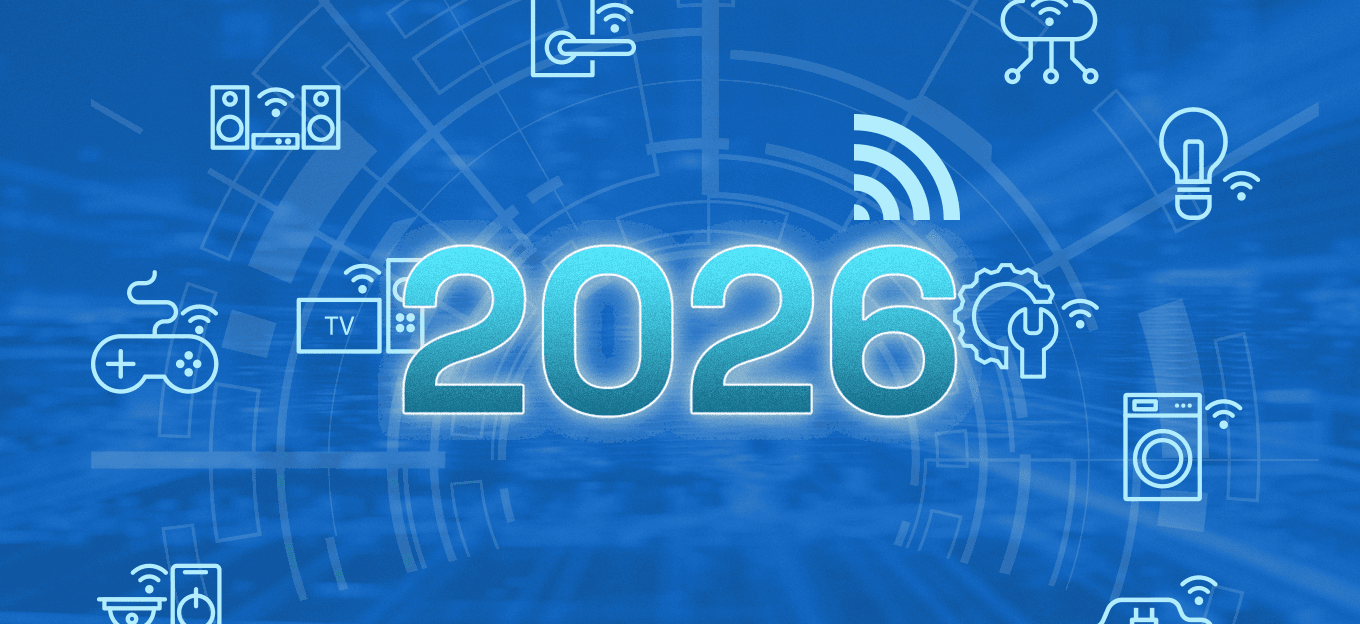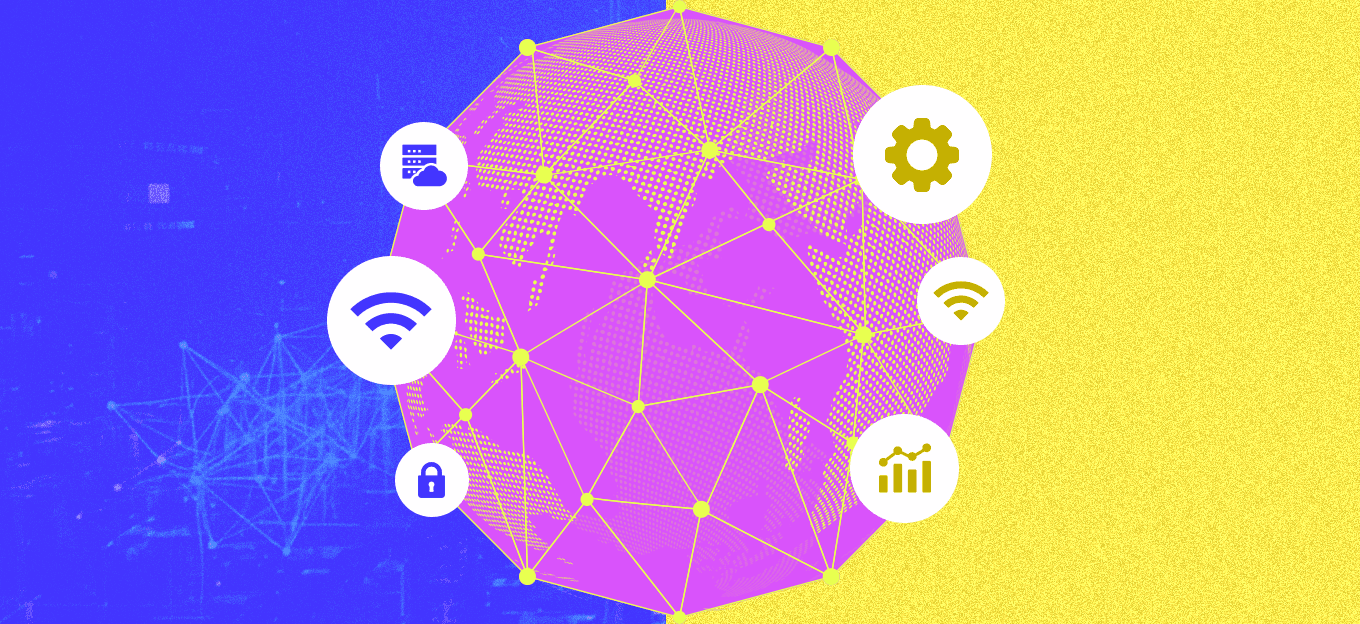Why Your Business Needs AI to Beat the Competition
Why Your Business Needs AI to Beat the Competition
- Last Updated: December 2, 2024
Guest Writer
- Last Updated: December 2, 2024



Artificial Intelligence (AI) is progressing at breakneck speed and disrupting virtually every industry. Last year, the technology attracted $12 billion of VC investment, and according to a recent research, the artificial intelligence market is to grow at a CAGR of 36.62% reaching $190.61 billion by 2025.
Forward thinkers are leaning on the cutting-edge technology to drive digital transformation for their business. And the number of successful Applications is growing. A digital health startup, SkinVision, leverages AI to support its skin cancer risk app. An online supermarket, Ocado, implemented a deep neural network on its platform to improve fraud detection exponentially. AI, which only fairly recently entered mainstream businesses, already has a proven track record.
Applications of Artificial Intelligence in Real World
From healthcare to transportation to retail, brands harness the potential of this multi-faced technology to create value. Whatever your business is, here's how AI can propel you beyond the competition.
Better Customer Service
A great customer experience lies at the heart of every successful business. It turns satisfied customers into loyal brand advocates and increases sales. Since a predicted 85% of customer service interactions won't involve humans by 2020, AI-enabled chatbots can go a long way towards delighting your clients with an outstanding service.
Underpinned by machine learning (ML), smart chatbots are trained to understand customers’ queries and provide accurate answers—much faster than a human would do. In addition to immediate response, these tools ensure round-the-clock support and availability, which helps to cut operating expenses. Chatbots can also automate a range of simple transactions, like return or exchange of purchased products.
More Effective Marketing
Artificial Intelligence opens vast possibilities for creating more efficient, laser-targeted marketing campaigns. AI-powered analytics tools use massive amounts of data to derive valuable insights into customers’ behavior. Empowered with a better understanding of patterns and trends, you can create more personalized messages across different user segments.
Netflix is a prime example of personalization done right. The media behemoth leverages ML-backed algorithms to power its recommendation engine, delivering highly personalized content. The strategy pays off allowing the brand to save more than $1B per year.
Improved Conversion Rates
Every business is looking for ways to boost its bottom line. Machine learning can help you keep your revenue engine firing with a hot new technology called computer vision (CV).
Underpinned by AI, computer vision—or image recognition—is poised to transform the way we shop. CV enables retailers to merchandise intelligently and suggest related products based on visual similarity with the sought-after item. Shoppers, on the other hand, can benefit from CV-driven visual search to find products using a picture instead of text-based tags. Since brands can define the same item differently, visual discovery could simplify the process, resulting in greater customer satisfaction and higher conversion rates.
Sentiment Analysis
Sentiment analysis, also known as opinion mining, leverages machine learning and natural language processing (NLP) to analyze social media posts, news, or reviews, and to gauge public opinion about a product or a service.
By tracking the sentiment around your brand, you can better understand your customers, identify their pain points, and address them early on. Take it further by pairing the collected data with consumer demographics to segment your customer database. This will enable you to devise a winning, highly personalized strategy for every group instead of trying to find a one-size-fits-all solution.
Automated Workflows
Artificial Intelligence can empower your workforce by taking over repetitive, time-consuming tasks and allowing your employees to focus on more creative work. You may start with delegating routine operations like managing a schedule or processing a request, which would save you many man-hours.
The use of AI in the workplace is not limited to automating administrative processes. Your HR team can significantly speed up the recruitment process by utilizing AI-backed tools to comb through applicants’ resumes and find the best candidates.
Training and Coaching
With advanced machine learning software in place, you can better support your salespeople and provide them with the necessary tools to perform at their best. By capturing and analyzing customer interactions, ML algorithms can identify the most successful sales strategies that you can then use to effectively train your sales reps and close more deals.
Another way to coach your sales team is through an intelligent chatbot that would rely on in-depth user engagement analysis to simulate conversations with a customer and suggest the right questions at the right time.
Competitive Intelligence
Following an industry leader’s example is simply not enough. To stay ahead of the competition, you need to be proactive, act smarter, and respond faster. To do that, you have to pay close attention to the marketplace and know how your competitors are actually performing.
This is where competitive intelligence (CI) can lend a helping hand. AI-powered software monitors your competitors’ activity across multiple platforms, identifies their strengths and weaknesses, reveals product and service gaps.
One example includes major airlines leveraging competitive insights to keep their finger on the pulse. Airfare Insights helps air carriers keep tabs on relevant fare changes in the marketplace and adjust their pricing strategies for greater profit margins.
On a Final Note
With machine learning and AI becoming more affordable, savvy companies are beginning to wise up to how the tech can benefit their business and improve their ROI. Don't miss out on the opportunity to add advanced AI-powered tools to your arsenal: this will make your customers happier and your workforce more productive.
Written by Olga Ezzheva, technology writer at Oxagile.
The Most Comprehensive IoT Newsletter for Enterprises
Showcasing the highest-quality content, resources, news, and insights from the world of the Internet of Things. Subscribe to remain informed and up-to-date.
New Podcast Episode

Navigating the Future of Embedded Computing
Related Articles





